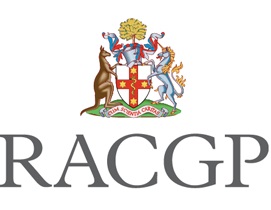Surgery Hours
| MON - THU | 8:00 AM - 6:00 PM |
| FRI | 8:00 AM - 3:00 PM |
| SAT & SUN | CLOSED |
| PUBLIC HOLIDAYS | CLOSED |
|
Covid-19 - Information
Flu Shot Emergency Numbers After Hours 13 74 25 Contact Hours |
Doctors
Appointments Fees About Map Links |
Immunisation
Feedback Local Pharmacies Resources Home |

| 
|

| 
| 
| 
| 
|
|---|---|---|---|---|

| 
| 
| 
| 
|


